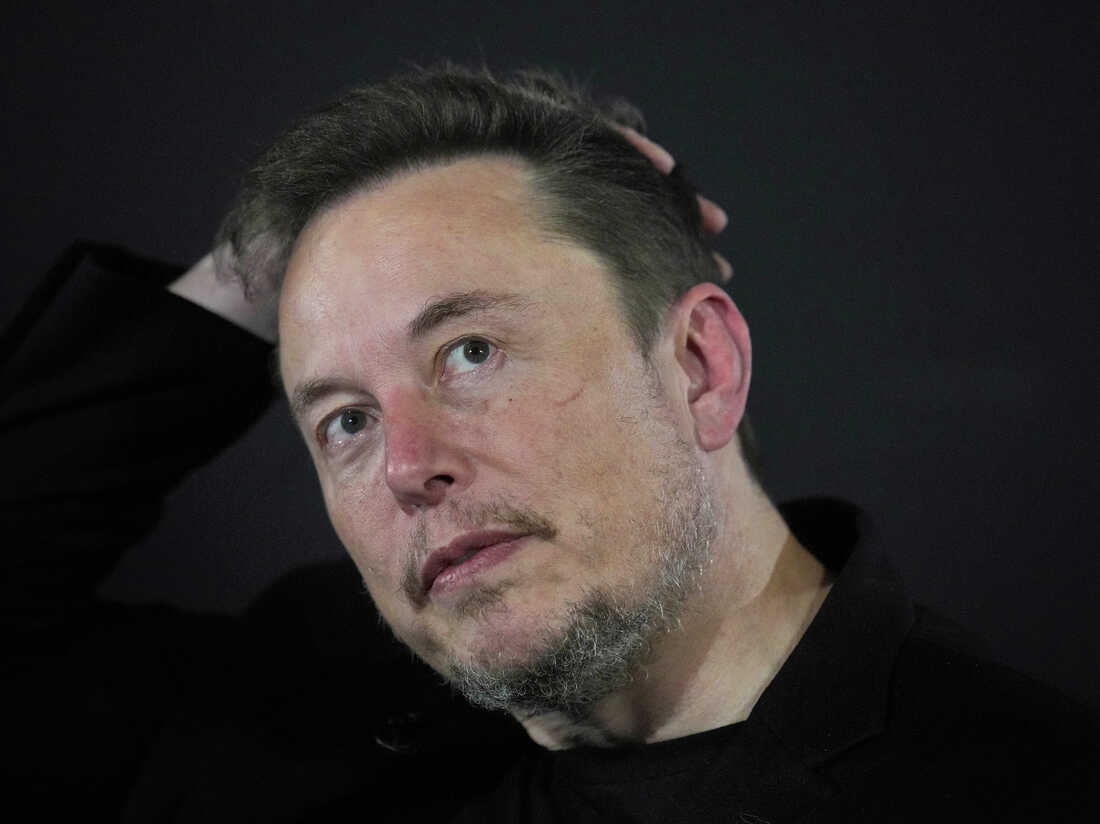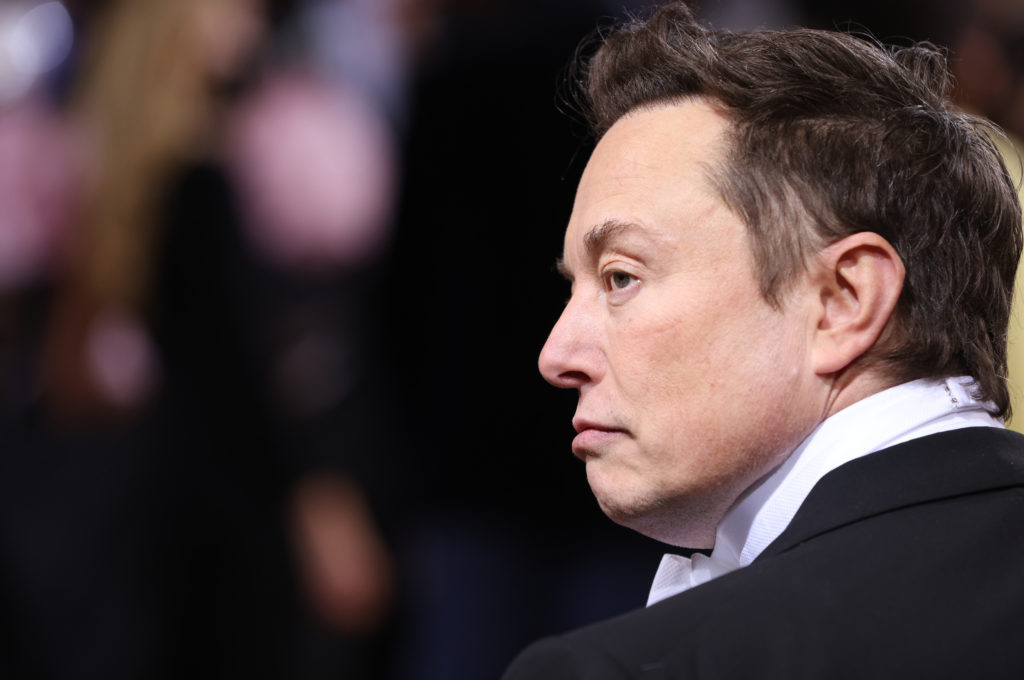Brazilian Supreme Court Justice Alexandre de Moraes has launched an investigation into tech mogul Elon Musk, the billionaire owner and chief technology officer of the social network X, over potential obstruction of justice.
This investigation stems from Musk’s defiance of court orders to restrict or suspend certain popular accounts on his platform. Moraes has also included Musk in a broader inquiry into digital militias, individuals accused of disseminating misinformation online to undermine democratic institutions in Brazil.
Musk’s open defiance on his X account, where he boasts 180.2 million followers, led him to lift all restrictions despite the court orders. He expressed concerns that complying with the orders would result in significant financial losses and potentially force the closure of X’s office in Brazil.
Musk further escalated tensions by calling for Moraes’ resignation or impeachment, making unsupported claims of the judge breaking the law in Brazil, and threatening to publish information portraying Moraes as a traitor.

Elon Musk (Credits: NPR)
Justice Moraes has advocated for regulations to combat harmful content and misinformation online in Brazil, facing opposition from various quarters, including tech companies, far-right officials, and former President Jair Bolsonaro.
This clash between Musk and Moraes occurs against the backdrop of Brazil’s municipal election year, with the country grappling with deep political divisions and previous episodes of political violence akin to the Capitol attack in the United States.
Bolsonaro, who Musk visited in May 2022, is currently under investigation for suspected involvement in a coup. Musk’s visit reportedly involved discussions about utilizing SpaceX’s satellite internet services in rural schools in the Amazon, a project initiated during Bolsonaro’s presidency.
The regulatory pressure on social networks like X extends beyond Brazil, with scrutiny and investigations underway in Australia, the European Union, India, and Turkey.
Moraes’ decision to fine Musk and X for noncompliance with court orders underscores the seriousness of the situation. The judge has criticized X’s conduct, alleging an abuse of economic power and the promotion of criminal activities against Brazil’s democracy.
While Musk has portrayed himself as a proponent of free speech, his actions, particularly regarding content moderation and employee treatment, have been inconsistent and have drawn criticism.
Critics fear that regulatory efforts aimed at curbing online harm could be exploited by governments to silence dissenting voices. Musk’s track record, including reinstating accounts banned under prior management and complying with government requests such as in India’s farmers’ protests, highlights the complexities of balancing free speech with regulatory compliance in the digital age.























